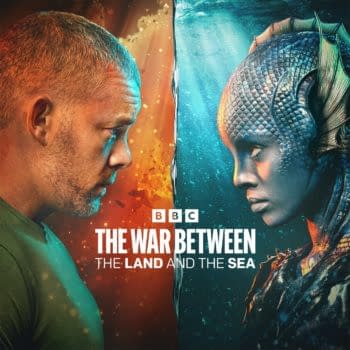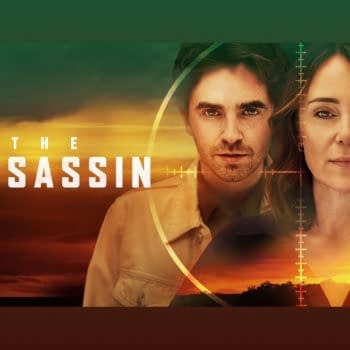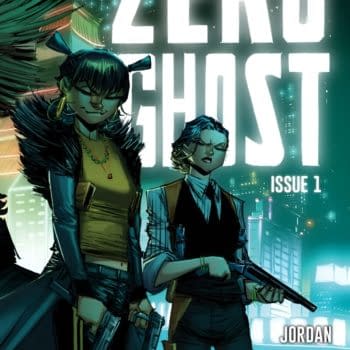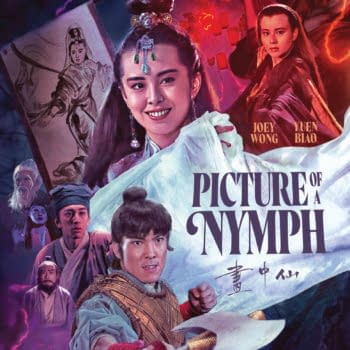Posted in: BBC, Doctor Who, TV | Tagged: bbc, chris chibnall, disney, doctor who, Millie Gibson, Ncuti Gatwa, russell t davies, steven moffat
Doctor Who: How The Last Time Lord & Timeless Child Add New Layers
On Doctor Who, the Doctor as the last survivor of a genocide & a foundling who doesn't know their origins redefines the heart of the series.
Doctor Who in the current era of television must evolve to a more post-Buffy, character-driven tone, much to the chagrin of many old-school fans, and one thing they don't like is that the Doctor is the last of the Time Lords. They especially hate the Timeless Child thread layer introduced by Chris Chibnall. Instead of retconning it away or ignoring it, Russell T. Davies has kept it and found the emotional implications of that, and made it matter.

How "Doctor Who" is Made New and Old Again
Davies was the one who reintroduced the Doctor in 2005 by declaring they were the last of the Time Lords, the last survivor of the Time War. It wiped away over forty years of lore and continuity because it was all gone. They were all dead except The Doctor. It was jarring for old-school fans, but you can see the point of that. It gives The Doctor more mythical weight as the last survivor of an alien race, a lonely god wandering the cosmos, not dissimilar to Superman as the last survivor of Krypton. It gave the hero stakes in the series and was also a clean slate for new viewers to enter the show.
Steven Moffat retconned Gallifrey and the Time Lords back to life in "The Day of the Doctor" by having three Doctors go back to the Time War and preserve Gallifrey in a bubble universe and introduced a long-term arc where the Doctor might spend their next few lifetimes looking for Gallifrey, setting up a theme about going home. Then, when he took over the show, Chris Chibnall turned around and had the Master kill everyone on Gallifrey all over again, which, to some of us, is kind of funny. It was a sign of how different writers can and will do whatever they want to a story when they take over. The Doctor was back to being The Last Time Lord again. The Doctor was not a native Gallifreyan either but a foundling adopted by the Gallifreyans who exploited their ability to regenerate, and from that, the entire society of Timelords was born. The Doctor was the real originator of the Time Lords, but not by their choice.

How to Make an Idea Matter for the Characters
Davies knew instinctively, from a storyteller's point of view, why the Timeless Child story matters to The Doctor (Ncuti Gatwa) and the new series. They are the survivor of a genocide and carry that trauma. They're a foundling who doesn't know who their birth parents were or where they really came from. That's a profound sense of loss to every orphan and foundling. It's the heartbreak at the Doctor's core, and they find a bond in Ruby Sunday (Millie Gibson) as a fellow foundling who wants to find out who her birth parents are. The theme of orphans searching for their identity and family was always there in Doctor Who, but now it's front and centre.
It's About Finding the Heart of a Character
The Last Time Lord lends the Doctor an archetypal and mythical dimension that makes them stand out as a series hero, and being a foundling also makes them mysterious again. You could argue that it's too much, putting a hat on a hat, but so far, Davies makes it work and make sense, like it was always part of the fabric of the character. It takes a lot of thinking to bring that upfront to make a memorable character. This is why Davies' work, like it or not, is worth studying for anyone learning to write stories.
Doctor Who is now streaming on Disney+.














